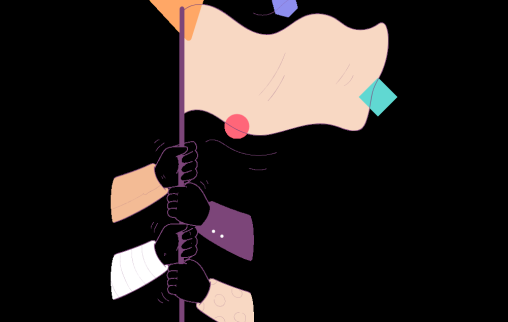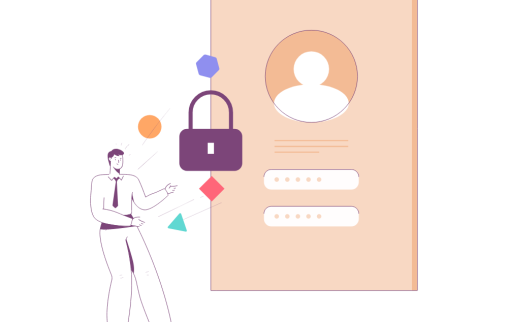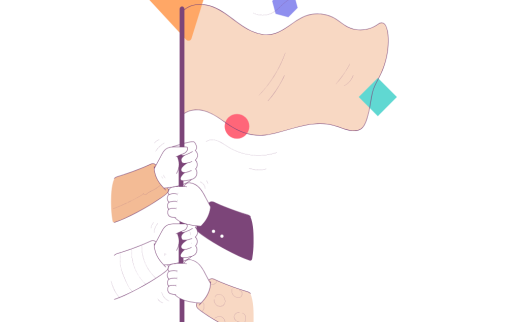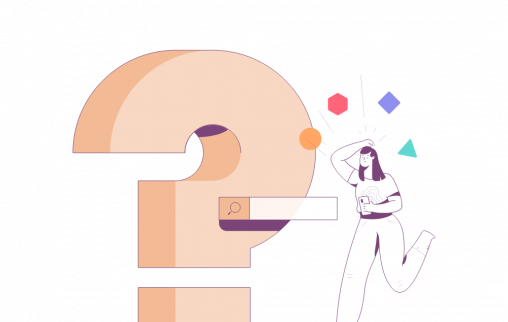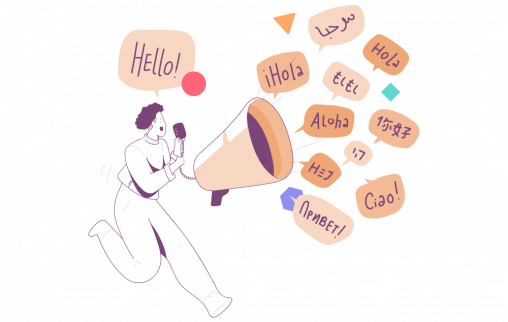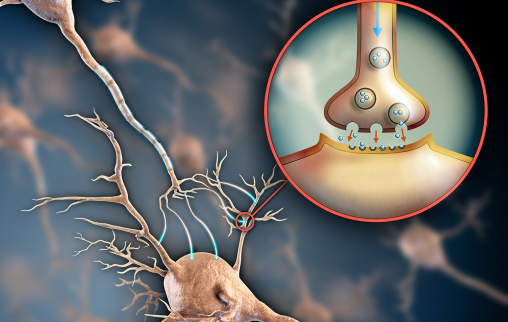My partner gambles
This information is intended for partners of a gambling addict. Do you recognize yourself in the following situations?
I just found out my partner gambles
My partner gambles and keeps lying about this
I found out that my partner is having a relapse
Where can I find help for myself and my partner?
Situation
You just found out that your partner is still gambling, or you find out for the first time. This can evoke strong emotions in the beginning. You feel cheated or you are in total shock. That's not weird either, you thought you knew your partner, is he or she a completely different person then?
You want to know if it has something to do with you or your relationship. Often that is not immediately the case, but it still feels that way.
Addicted gamblers seek this thrill. Then they don't have any problems, hassle or nagging on their mind. They are also always gambling. So even if they don't gamble. They long for it and think about it. Anyone want to gamble a little less? Then he has to fight a lot of battles in one day.
How can I help my partner?
A gambling problem is one's own responsibility
So stop gambling too. You can help someone to make up the balance. What are the benefits of gambling? And what are the drawbacks? For example, say you want to talk because you're worried. Or because you are curious if he understands your concerns. Read our tips to help someone here:
1) Start the conversation
You probably only just found out that your partner is gambling (again) because he or she told you this himself or you discovered it. This discovery often comes as a shock to you.
Find a good time to start a conversation with your partner. For example during a walk. There is no fixed guideline but it is good to pay attention to the following points:
Start with it's not an easy conversation
Show understanding for your partner
Show that you want to help / support him / her
Ask about the benefits of gambling for your partner
This helps to not just let it be a difficult heavy conversation
Indicate your concern
2) Let someone solve their own problems
Let the gambler solve his own problems. So do not give money and never pay off debts. Don't take all the finances to you to solve the financial chaos. Let your partner decide for himself what will help him or her in this situation.
Support your partner in finding solutions, don't facilitate! (by giving money). It is possible to come up with a step-by-step plan together to pay off debts. For more information about debt counseling click here. Let your partner unsubscribe from CRUKS instead of you doing this etc.
3) Lower the barrier to assistance
Few people overcome an addiction themselves. This is not due to lack of willpower. It's just really hard to stop doing something you've become dependent on. There are many types of help. From online help to drug therapy. In addition to professional help, there are self-help groups. In these groups, gamblers find support from each other.
For an overview of help, click here.
4) Offer perspective to change
Sometimes a gambler doesn't want help. It can be very exciting to take the step to do something about an addiction. This has to do with fear of change or an uncertainty about what is to come. The future seems like a black hole. Therefore offers perspective. Make sure he has something fun to look forward to when he changes. Remind your partner what it was like before there were no gambling problems.
5) Seek help yourself if talking doesn't change anything
It happens that talking is not (anymore) possible. For example, if someone continues to gamble. Or if he/she is aggressive or violent. Then think about yourself and your own safety. Even when money problems affect you and your family. In such situations, it is better to seek professional help yourself.
Look here for help for loved ones.






